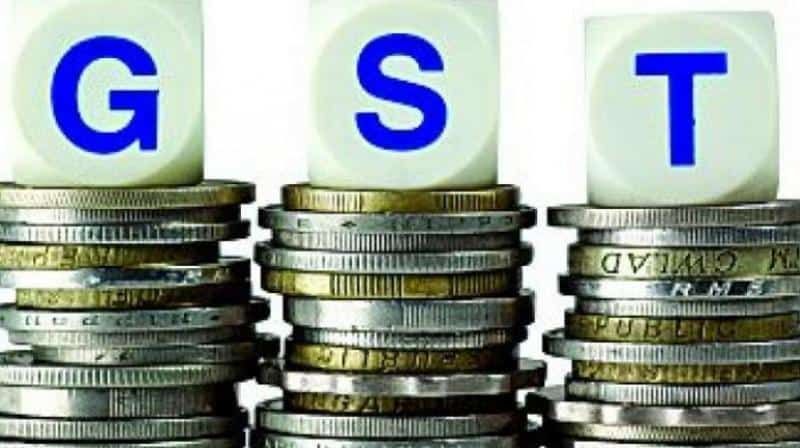Guwahati: Ahead of the crucial meeting of the GST Council, Congress-ruled states today made a strong pitch for rationalisation in tax rates of commonly used goods and simplification of procedures under the new regime.
Punjab, Karnataka and Puducherry, where the Congress is in power, jointly voiced their reservations over glitches with the GST tax-filing network, demanding that real estate and petroleum products be brought under the new regime and the tax rate be kept at no more than 18 per cent.
In the run-up to the assembly elections in Gujarat and Himachal Pradesh, the opposition party and its leaders have been targeting the government over difficulties faced by some businesses under the GST regime, with party vice-president Rahul Gandhi even calling it a “Gabbar-Singh Tax (GST)”.
Punjab Finance Minister Manpreet Singh Badal said all Congress states are unanimous that if the Goods and Services Tax (GST) is to be run, it should be run properly.
“If you keep electricity, petroleum, real estate out of the ambit of GST, then about 50 per cent of total revenue is out of GST. If GST is run properly in 150 countries, then why should it not run smoothly in India?” he asked while interacting with reporters here.
Punjab, he said, wants rationalisation in tax rates, simplification of procedures and removal of glitches in GST Network.
The GST Council, headed by Union Finance Minister Arun Jaitley, will meet here tomorrow. It may take crucial decisions on pruning the list of items in the 28 per cent tax category.
The officers committee held its meeting today.
“We want that discussions should start on inclusion of real estate and petroleum in GST,” Badal said, adding that while bringing the real estate sector within GST, the needs of autonomy of states to levy stamp duty and property taxes should be balanced and agricultural lands and old buildings should be kept out of GST.
The Congress, he said, is in favour of inclusion of petrol, diesel, natural gas, ATF and crude oil under the GST’s ambit. The five products along with alcohol have been kept out of GST, for now.
Karnataka Agriculture Minister Krishna Byre Gowda said the Congress had earlier asked that the GST rate should not be more than 18 per cent, but the government went ahead with the five tax rate slabs of 0, 5, 12, 18 and 28 per cent.
He said the 28 per cent tax slab was based on the premise that many luxury and sin goods should be taxed at a higher rate, but in realty “a lot of items of mass consumption were also in 28 per cent”.
Construction material such as tiles, bricks, cement, sanitaryware and taps were put in the 28 per cent tax bracket, causing a lot of burden on individuals and home builders.
“Barring real goods of luxury or sin nature, we should bring (tax rate) down to 18 per cent (on all other products currently in that category),” he said. “We hope there will be a positive and result oriented discussion on that issue tomorrow.”
He suggested that over time 12 per cent and 18 per cent should converge and only few items should remain under the 28 per cent slab.
According to the Karnataka minister, when GST was implemented in July this year, it was estimated that only 7-8 states would need compensation to make up for the revenue deficit arising out of the new regime.
“However, in reality, baring five states, all states needed compensation. This may be because the hastiness in GST implementation has reduced compliance,” he contended.
Puducherry Chief Minister V Narayanasamy said handicraft should be exempted from tax.
“In tomorrow’s meeting with the GST Council, the Congress will demand to completely abolish the 28 per cent tax slab. The maximum tax limit should not be more than 18 per cent,” the Puducherry chief minister said.
“In Puducherry, tourism is severely affected due to high taxation in the hotels segment. The state’s revenue has come down by 30 per cent in the last three months,” he added.
He was accompanied by a number of Congress ministers from various states, who came here to attend the meet.

